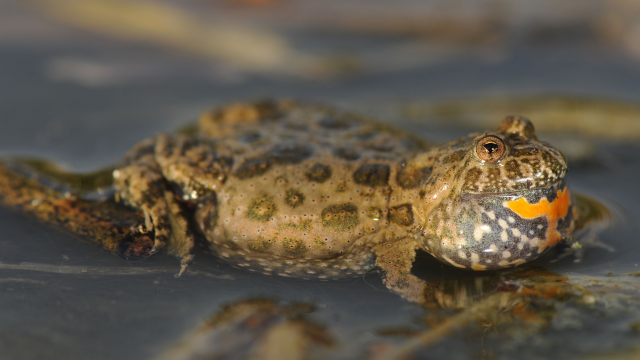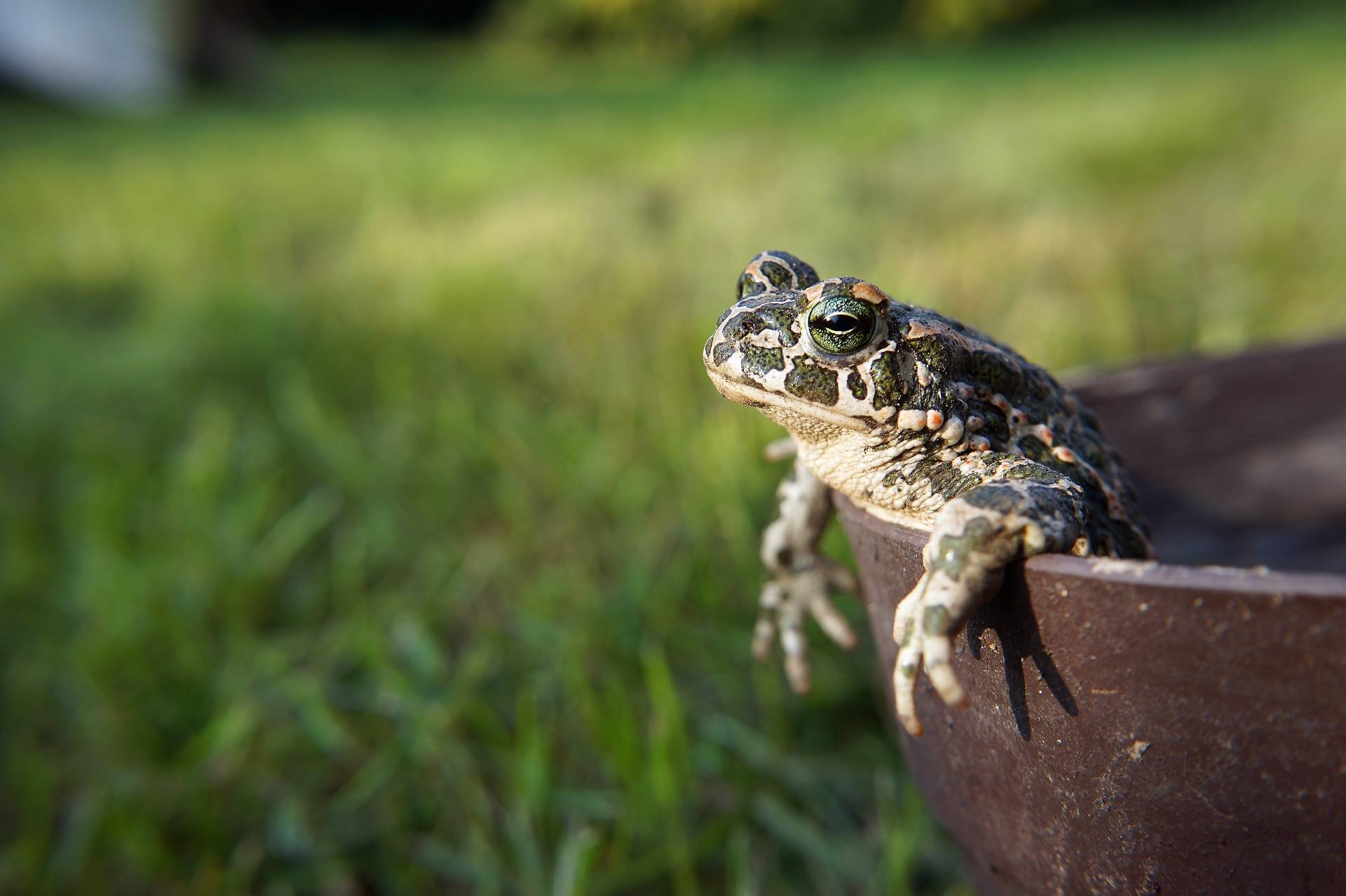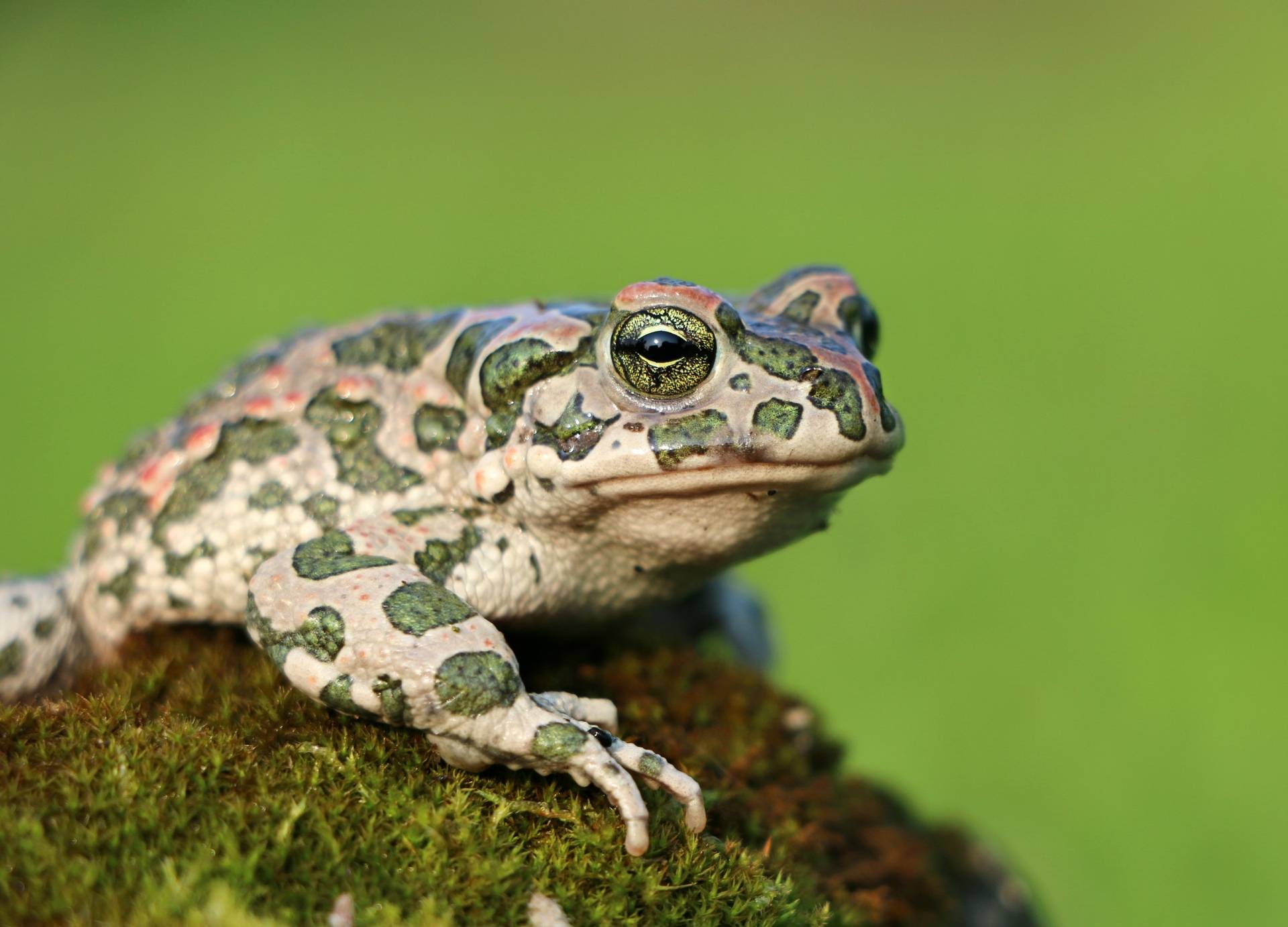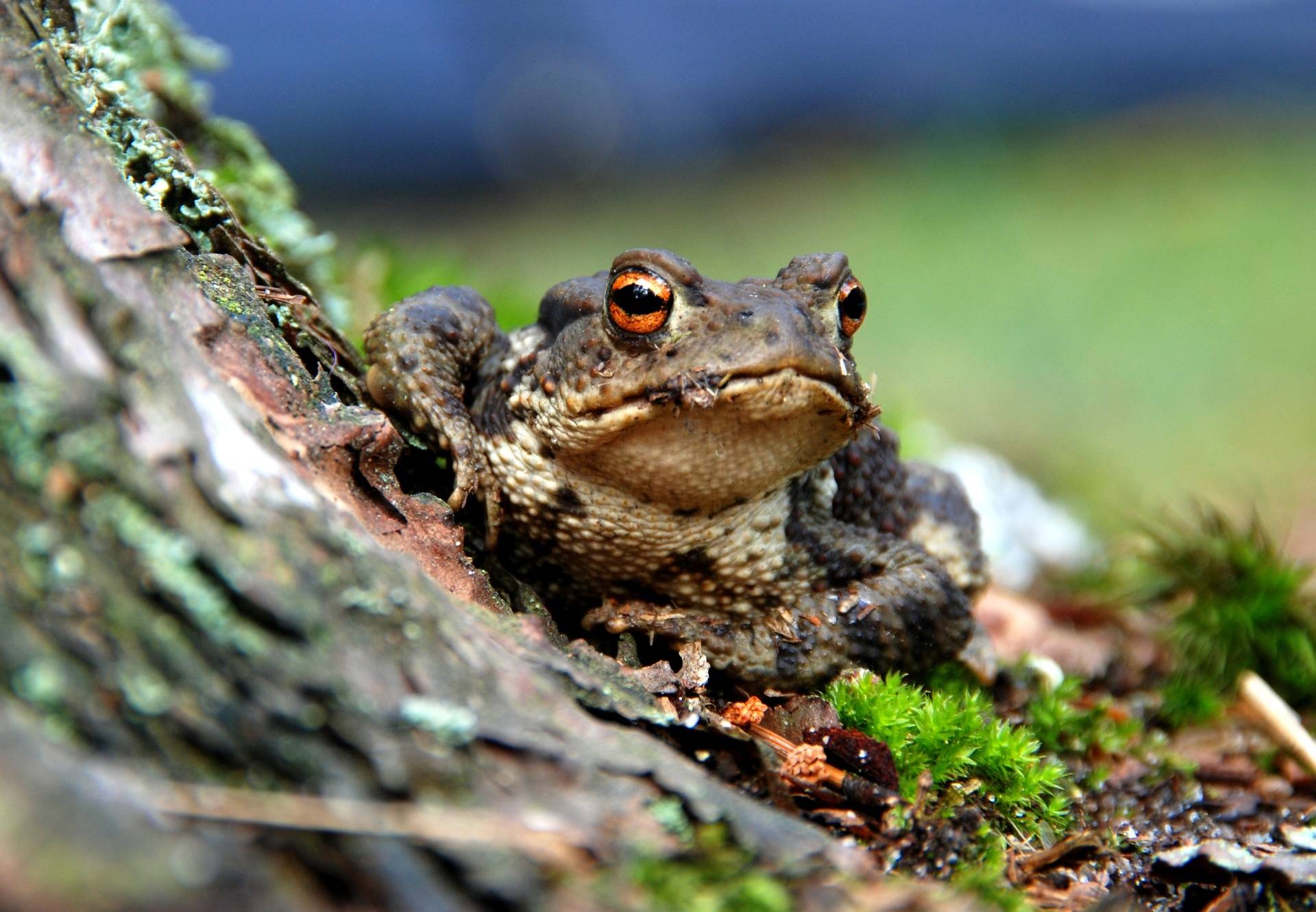Amphibians are among the most endangered animal groups in Austria and worldwide. One example of this is the endangered Green toad, a pronounced pioneer species. In Austria, its main distribution area is in the east. In the AmphiBiom project, we work with citizen scientists to explore the distribution of the green toad in Austria and create new habitats for green toads and other amphibians.
A big thank you to all of our citizen scientists—for your curiosity, your enthusiasm for research, for countless loosely netted “eights,” and for always keeping your ears open for amphibians! Thank you for joining us in researching Austria's amphibians over the past few years—and, of course, for your dedicated participation in the AmphiBiom project!
Our project ends on December 31, 2025, but our website will remain online for you. All important information about amphibians and the AmphiBiom project will remain available. In the future, though, we at Team AmphiBiom will no longer be able to accompany you on your amphibian sightings.
However, this does not mean that you will no longer be able to report your observations: please feel free to use existing platforms (apps) such as iNaturalist or herpetofauna.atd to continue documenting your findings.
Has our citizen science project sparked your interest in participating in research projects? Then we recommend the wide range of projects on Österreich forscht – perhaps you will find your next exciting research adventure there.
We from Team AmphiBiom warmly wish you farewell and hope you continue to have many amphibian-rich experiences in the future!
What is AmphiBiom?
AmphiBiom is the combination of the words amphibians and biome. A biome is a community or a specific large habitat with the living organisms and inanimate components it contains. The AmphiBiom project ( 04/2023-12/2025) is dedicated to recording and creating (new) habitats for Green toads and other amphibians.
Citizen Science Award 2025

The AmphiBiom: CSA 2025 was a competition for citizen scientists and students to record amphibian calls throughout Austria. They spend time in nature, learned more about amphibians, and helped us with amphibian conservation! Read more...
Breeding call monitoring

The AmphiBiom project uses a combination of two methods to record the occurrence of Green toads throughout Austria: 1. Call monitoring and 2. Citizen science. We invite you to use our smartphone app (AmphiApp in the Android Play Store or the Apple App Store) to record the calls of Green toads.
Pond initiative

The aim of the pond initiative is to create a large number of spawning waters for the Green toad and other pioneer species utilizing small bodies of water. The colonisation is being scientifically monitored as closely as possible with the involvement of specialist expertise.

 DE
DE  EN
EN 







